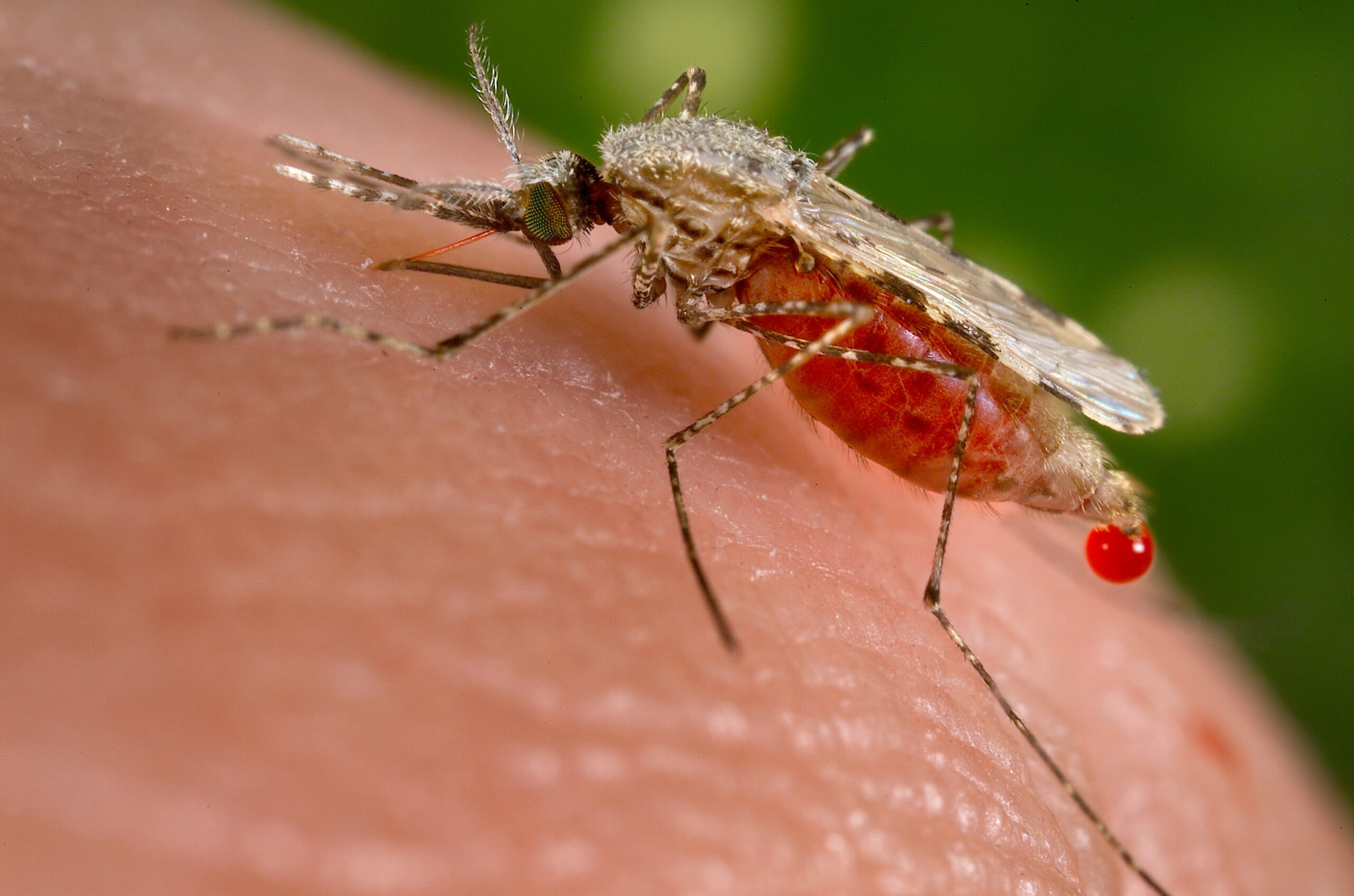Each year, malaria or Plasmodium infection flares up during humid season, tropical climates and shortly after floods swelling disease-carrying anopheles mosquitoes’ population exacerbating infant mortality and under five deaths belonging to hand-to-mouth families and pauperized rural communities.
As usual, this life-threatening disease is currently striking some parts of Nigeria claiming so many lives of children and infants, more especially in penniless families in rural areas.
- PODCAST: Is It Possible To Build Walls Along Nigerian Borders?
- Nigeria set to implement $750m W/Bank COVID-19 intervention
Recently, the chairman of the National Association of Hospital and Administrative Pharmacists of Nigeria (AHAPN), Dr Kingsley Chiedu Amibor, said, “There are estimated 100 million malaria cases with over 300,000 deaths per year in Nigeria. Malaria contributes to an estimated 11 per cent of maternal mortality”.
It is agonising to note that according to neurologists, cerebral malaria breeds brain injury or seizure when it becomes more severe as a result of unnoticed protracted splitting headache in infants and children because of the feebleness of their immune systems, culminating in epilepsy in tropical regions.
When it comes to our health issues, keeping our minds on just applying emergency medical care for a disease is not a prudent action and an ultimate solution unless vaccination is included and conducted. As a matter of urgency, it is imperative for Sub-Saharan Africa to eliminate mosquitoes by deploying policies to control the birth of anopheles mosquitoes as done by more than 100 nations around the world.
Frankly speaking, prevention is said to be better than cure. So, the West African nations are supposed to go all out to keep their minds and resources on preventive measures. They will never and ever be certified as malaria-free nations by only distributing mosquito nets and Artemisinin-based Combination Therapies (ACTs) that are currently resistant to the disease. The right preeminent approach is to eliminate the entire underlying roots of the disease. Taking efficacious preventive measures offers more chances of not flaring up into the worst situation at a later point.
Last but not the least, elimination of a disease’s roots is certainly better than treating it. Wise leaders will be able to hit two birds down with one stone. To yield optimum results in malaria elimination in Sub-Saharan Africa, countries must do their utmost to replicate or embrace policies of those more than 100 countries around the world certified as malaria-free nations by the WHO from 1955 to 2021 by controlling birth of mosquitoes. Mosquitoes must be eliminated so as to reduce their far-reaching damages to human health; infants, economies, and enjoyment in the continent. Avariciousness, egotism and unpatriotism are major threats to malaria control and elimination.
Mustapha Baba Azare lives atAlkali Musa Street, Bauchi State.

 Join Daily Trust WhatsApp Community For Quick Access To News and Happenings Around You.
Join Daily Trust WhatsApp Community For Quick Access To News and Happenings Around You.


